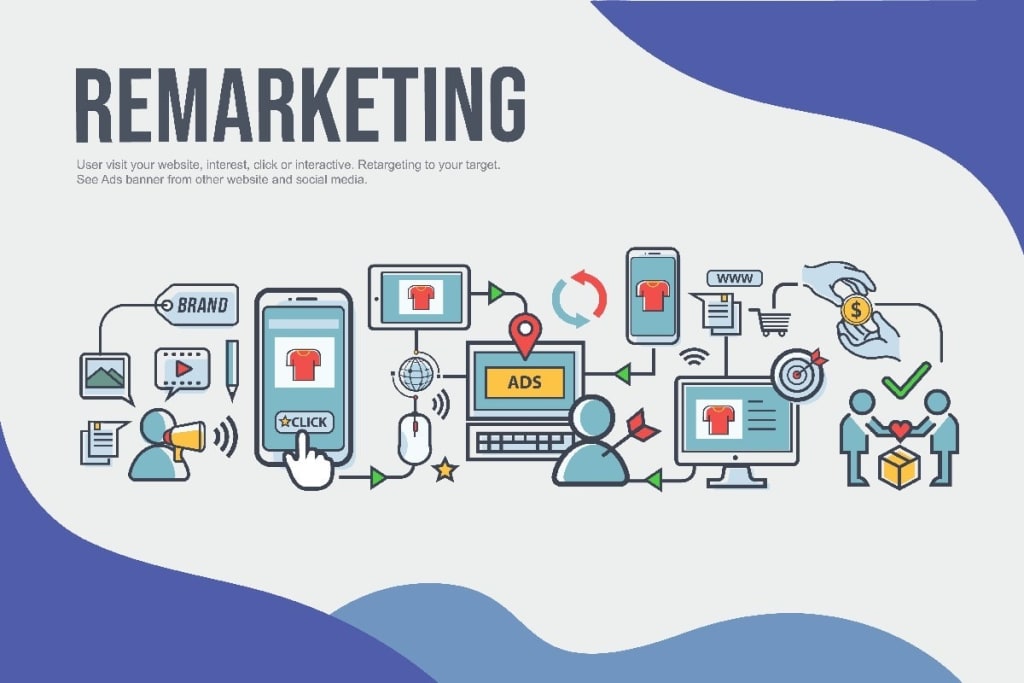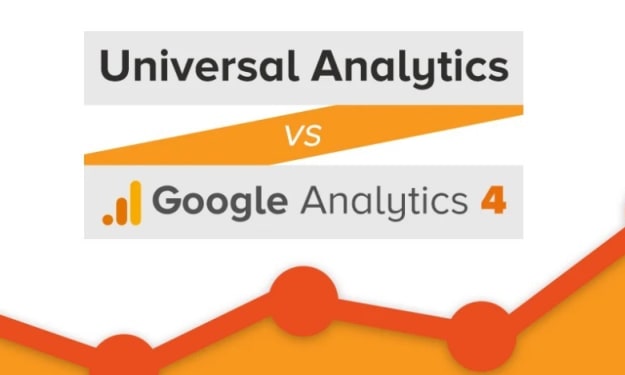The Power of Remarketing in Google Ads: Boosting Conversions
Remarketing in Google Ads

In the world of online advertising, capturing the attention and interest of potential customers is just the beginning. Converting those prospects into loyal customers requires a strategic approach. This is where the power of remarketing in Google Ads comes into play. By utilizing remarketing techniques, businesses can re-engage with users who have already shown interest in their products or services, significantly boosting conversions and maximizing the return on investment (ROI) for their advertising campaigns. To leverage the full potential of remarketing in Google Ads, partnering with a professional adwords management agency can make a substantial difference.
1. Understanding Remarketing and its Benefits
Remarketing is a digital marketing strategy that targets users who have previously interacted with a website or engaged with specific content. It allows businesses to reconnect with potential customers, reminding them of their offerings and enticing them to take action. The benefits of remarketing in Google Ads are numerous:
Increased Conversions:
By targeting users who are already familiar with your brand or have shown interest in your products or services, remarketing campaigns have a higher likelihood of converting those users into customers.
Enhanced Brand Recall:
Remarketing helps reinforce brand awareness and recall by consistently presenting your brand and offerings to potential customers across various online platforms.
Improved Ad Relevance:
With remarketing, you can deliver highly targeted ads based on users' previous interactions and behavior, increasing the relevance of your ads and improving the user experience.
Cost-Effectiveness:
Remarketing campaigns often yield a higher ROI compared to other advertising strategies since you are targeting users who are more likely to convert, resulting in efficient use of ad spend.
2. How Remarketing Works
Remarketing operates based on a simple principle: displaying targeted ads to users who have already visited your website or engaged with your brand in some way. When a user visits your website, a tracking code, commonly known as a "cookie," is placed in their browser. This cookie allows your remarketing platform, such as Google Ads, to identify and serve relevant ads to those users as they browse other websites or use online platforms within the Google Display Network.
3. Implementing Remarketing in Google Ads
To implement remarketing in Google Ads, you need to set up and configure your remarketing tags or tracking codes. These tags are generated within the Google Ads interface and should be placed on all relevant pages of your website. The tracking codes collect data about user behavior and enable Google Ads to serve personalized ads to the identified users.
4. Creating Customized Remarketing Audiences
Google Ads provides various options to create customized remarketing audiences based on user behavior and interactions. You can create audiences targeting specific pages visited, specific actions taken (such as adding items to a shopping cart), or even audiences similar to your existing customers (known as "similar audiences"). By tailoring your audiences, you can deliver more personalized and relevant ads to different segments of potential customers.
5. Crafting Compelling Remarketing Ads
The success of your remarketing campaigns relies heavily on the quality and relevance of your ads. Craft compelling and engaging ad copy and visuals that resonate with your target audience. Highlight unique selling points, special offers, or incentives to encourage users to revisit your website and take the desired action. Continually test and optimize your ad creatives to maximize their impact.
6. Monitoring and Optimizing Remarketing Campaigns
Monitoring the performance of your remarketing campaigns is crucial to ensure optimal results. Use the analytics and reporting features in Google Ads to gain insights into ad impressions, clicks, conversions, and other relevant metrics. Analyze the information to find trends, patterns, and areas that may be improved. Adjust bidding strategies, refine audience targeting, and test different ad variations to continually optimize your remarketing campaigns.
7. The Role of Google Ads Management Services
Managing remarketing campaigns in Google Ads can be complex and time-consuming. Google Ads Management Services can be useful in this situation. These services provide expertise and assistance in planning, implementing, and optimizing your remarketing campaigns. They have in-depth knowledge of Google Ads and stay updated with the latest trends and best practices in remarketing. By leveraging adwords management services, businesses can save time and resources while ensuring their remarketing campaigns are set up for success.
8. Conclusion
Remarketing in Google Ads is a powerful tool for boosting conversions and maximizing the impact of your advertising efforts. By targeting users who have already shown interest in your brand, products, or services, you can deliver personalized and relevant ads that re-engage potential customers. Remember to create customized remarketing audiences, craft compelling ads, monitor campaign performance, and optimize continuously. Consider utilizing Google Ads Management Services to streamline your remarketing campaigns and achieve the best possible results.
FAQs
Q1: What is the role of Google Ads Management Services?
Google Ads Management Services provide expertise and assistance in managing and optimizing Google Ads campaigns. They help businesses maximize their ad performance, improve targeting, and achieve better results.
Q2: How can remarketing benefit my business?
Remarketing can increase conversions, enhance brand recall, improve ad relevance, and be cost-effective. By re-engaging with users who have shown interest in your brand, you can drive them towards conversion.
Q3: Are remarketing campaigns cost-effective?
Remarketing campaigns can be highly cost-effective since they target users who are more likely to convert. By focusing on a specific audience segment, you optimize your ad spend and increase the chances of achieving a higher ROI.
Q4: How do I create customized remarketing audiences?
In Google Ads, you can create customized remarketing audiences based on user behavior and interactions. You can target specific pages visited, actions taken, or even create audiences similar to your existing customers.
Q5: Why should I consider utilizing Google Ads Management Services for my remarketing campaigns?
Google Ads Management Services have the expertise and knowledge to effectively plan, implement, and optimize your remarketing campaigns. They can save you time, provide strategic guidance, and ensure your campaigns are set up for success.
Remember that remarketing in Google Ads is a dynamic and evolving strategy. Stay updated with the latest trends, test different approaches, and optimize your campaigns based on data and user behavior. By harnessing the power of remarketing, you can boost conversions and drive meaningful results for your business.
About the Creator
Vaibhav Pandya
Vaibhav Pandya is the Chief Operating Officer (COO) and Senior Contributing Editor at IndyLogix - Digital Marketing Agency, where he has spent 9+ years growing the organization and establishing it as a credible market leader.






Comments
There are no comments for this story
Be the first to respond and start the conversation.